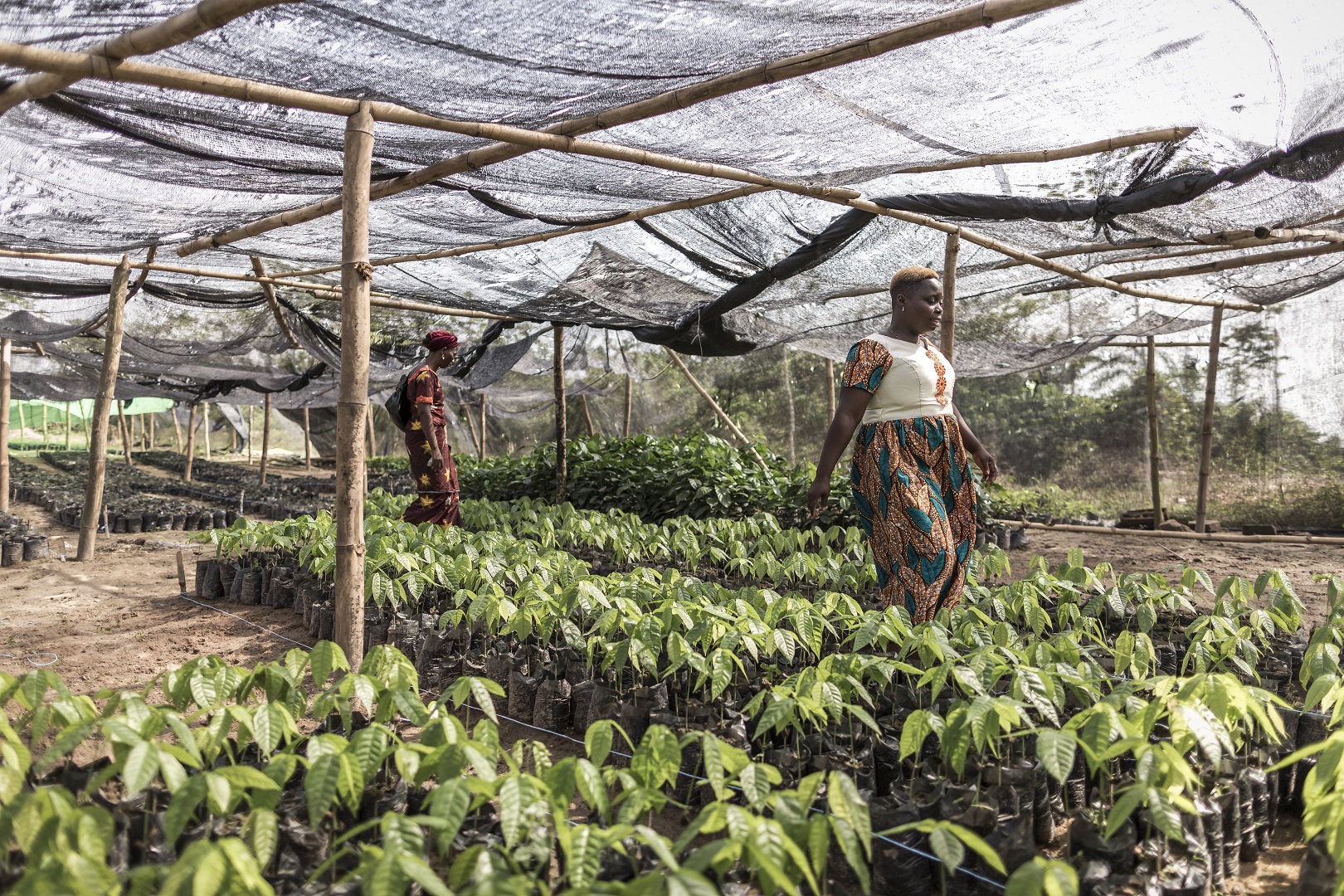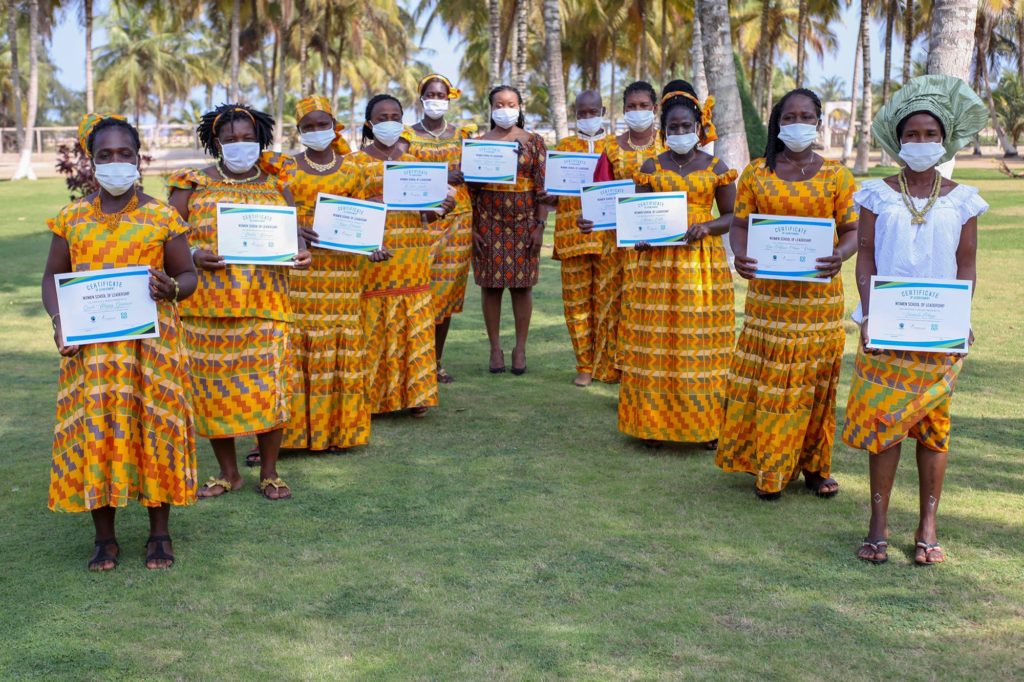
The sustainable Mother’s Day gift guide
Read more

Women grow at least half the world’s food, but face severe challenges. We prohibit discrimination and exploitative behaviour, and help women achieve positions of leadership.
While women’s role in farming has increased over time, women have less access to resources such as land, inputs, information, credit and training. Women make up just 25 percent of the smallholder farmers and workers involved directly in Fairtrade.
However, these figures do not account for the many women who work the land that is owned by their husbands or other male relatives. Women are historically also often overlooked when it comes to leadership roles. The challenge is to make sure that these women are represented and their voices are heard.

I’ve seen that Fairtrade has helped us a lot in cocoa farming. The Fairtrade Premium has enabled us to do many things, especially women. It has enabled us to advance our children, and also we use the Fairtrade Premium to build for the future.
Rosine Bekoin
Smallholder cocoa farmer and member of CAYAT co-operative, Côte d’Ivoire
The Women’s School of Leadership was initially launched in Côte d’Ivoire by the producer network Fairtrade Africa in response to inequalities within cocoa farming. It is an innovative program with the goal of improving opportunities for women in agriculture. The courses provide skills and tools for women to become financially independent, take on leadership roles, and participate in decision-making.
The program has now expanded to recent cohorts of women flower workers in Ethiopia, coffee farmers in Timor Leste and Papua New Guinea, and a similar program, the Gender Leadership School, has launched in Central and Southeast Asia.

Elevating women and girls not only benefits the person, but the entire family economically and socially. Learn more about the programs, policies, and projects we are working on to address the gender equality issue.